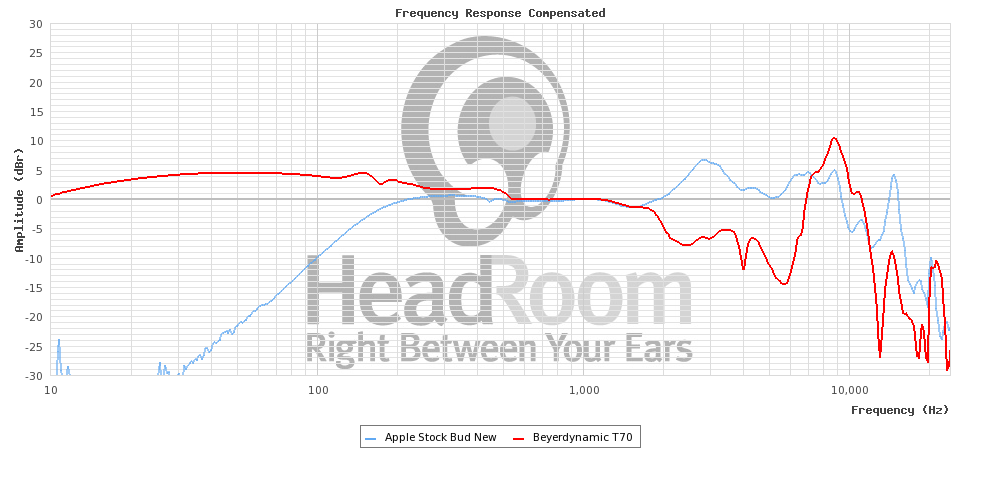My picture of a stereotypical teenager is the following: Riding on public transport with earbuds, listening to music. But: Do they listen consciously?
By “listening consciously” I mean following speech (e.g., podcasts) or music actively, not only to fill the void.
Some do this to get some sleep on a trip, canceling out the noise with more pleasant noise – you may call it music. For others it’s probably some kind of barrier to the outside world while being in public.
If there’s a germ of truth, does this only apply to teenagers? Certainly not! It seems to be present in every segment of society. Don’t get me wrong! I’m not against listening to music in the background and for fun. It just seems people start to lose the ability to listen consciously.
We are losing our hearing
Many people take refuge in headphones, but they turn big, public spaces like this, shared soundscapes, into millions of tiny, little personal sound bubbles. In this scenario, nobody’s listening to anybody.
Julian Treasure – TED Talk – 5 ways to listen better
In his TED talk “5 ways to listen better”, Sound consultant Julian Treasure asks us to pay attention to the sounds surrounding us. That’s true, but when it comes to music I furthermore listen in a different way.
I want to consume music in good quality. Either music that is recorded very well or driving me emotionally. Which doesn’t mean a song with a harsh sounding guitar solo is a bad thing, when it can evoke a good feeling.
This is totally subjective. On the technical side things are different.
Can you hear the difference?
Let’s be honest. You listen to compressed music – and guess what – I listen to compressed music. Nowadays it’s very common to have one’s complete music collection on a computer or a MP3 player. To save space on the storage medium, music gets compressed by complex algorithms. For example audio codecs remove frequencies that are out of our hearing range. The commonly stated range of human hearing is 20 Hz to 20 kHz, but most headphones and speakers can’t even reproduce frequencies that low or high, so they simply cut them out . And of course there is information in between this range that will be removed.
The same thing applies to music streaming services like Spotify or Pandora. To reduce transmission bandwidth, they use the exact same techniques.
But do people hear a difference in quality? This depends on several factors:
Quality of headphones/speakers in terms of frequency reproduction
To revisit my argument from the beginning, you probably see many people listening with earbuds. If you for example look at the frequency response curve of the stock Apple earbuds compared to hi-fi headphones, in this case a Beyerdynamic T70, you see, that the hi-fi headphones can translate a lot more low-end information.
There is also a peak in the 3 kHz range for the earbuds, whereas the headphones have a dip between 2 and 6 kHz.

Frequency response of the Apple Stock earbuds compared to the Beyerdynamic T70
http://www.headphone.com/pages/build-a-graph
Hyping certain frequencies is a widely used technique to conceal the lack of other underrepresented ranges and fake clarity in sound. Of course this mainly has to do with the size and type of speaker, build quality and so on. But you can see what people are missing, only listening on those earbuds.
Are people used to this kind of sound?
How can you tell the difference in quality when everything you have ever heard was digitally compressed music on cheap earbuds? Today’s kids are used to this kind of sound, like our parents are used to the sound of vinyl or tape.
There is this website mp3ornot.com you should check out. You listen to two MP3 audio clips, one with a higher quality and one with a lower quality setting. Then you listen to a third clip, which is one of the two latter. Now you have to decide if it’s the low or high quality sample.
What this page really shows is that sometimes it really doesn’t make a difference, sometimes it does – even for compressed music. But try it yourself.
Conclusion
There is not much we can do about it, except for…
- Respecting our environment
- Not generating noise we can’t turn off
- Training our listening capabilities
- Buying uncompressed music
- Listening consciously to music at moderate levels
- Granting yourself a few minutes of silence every day